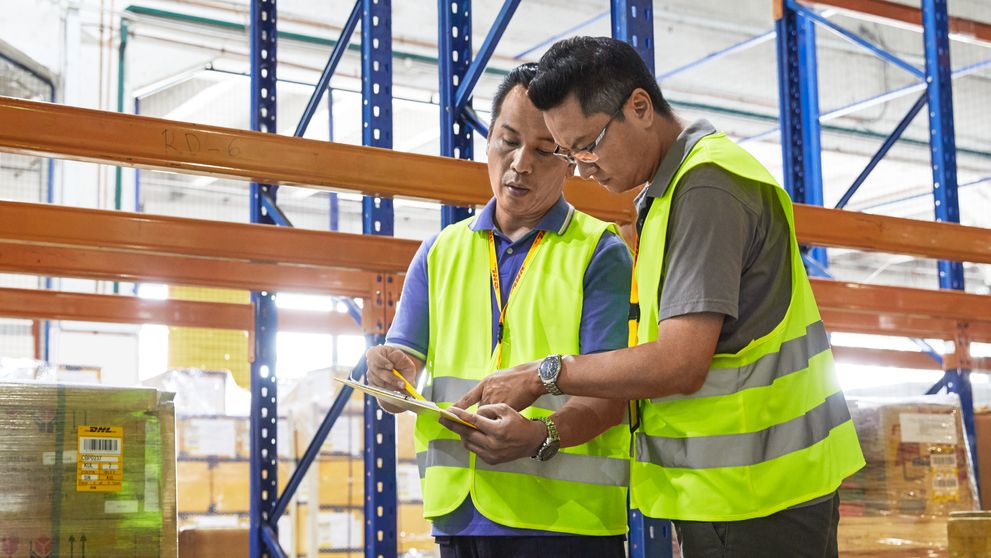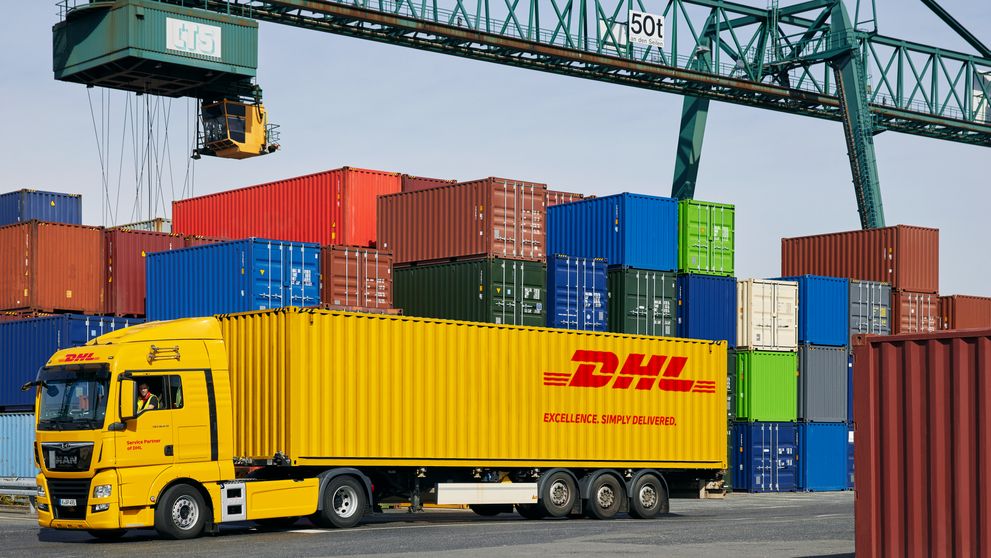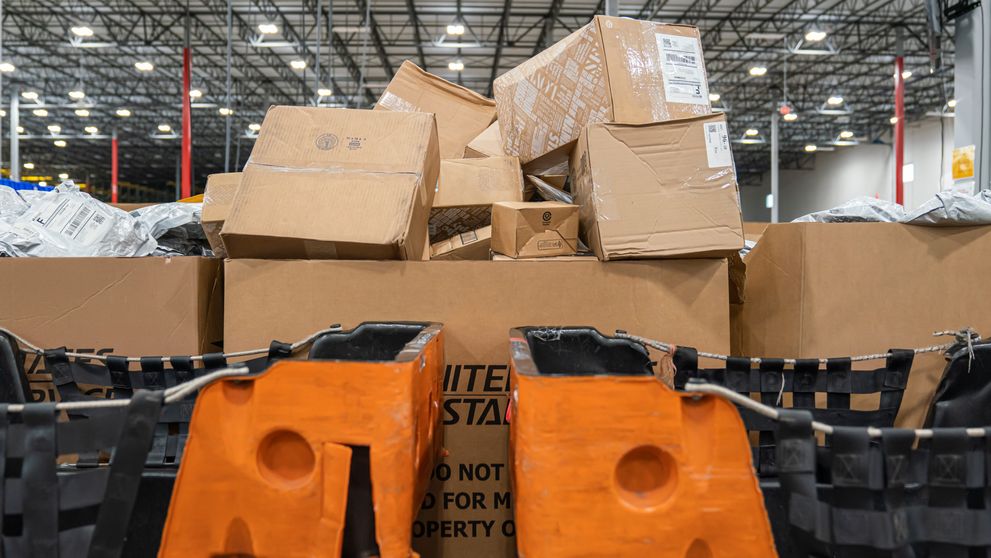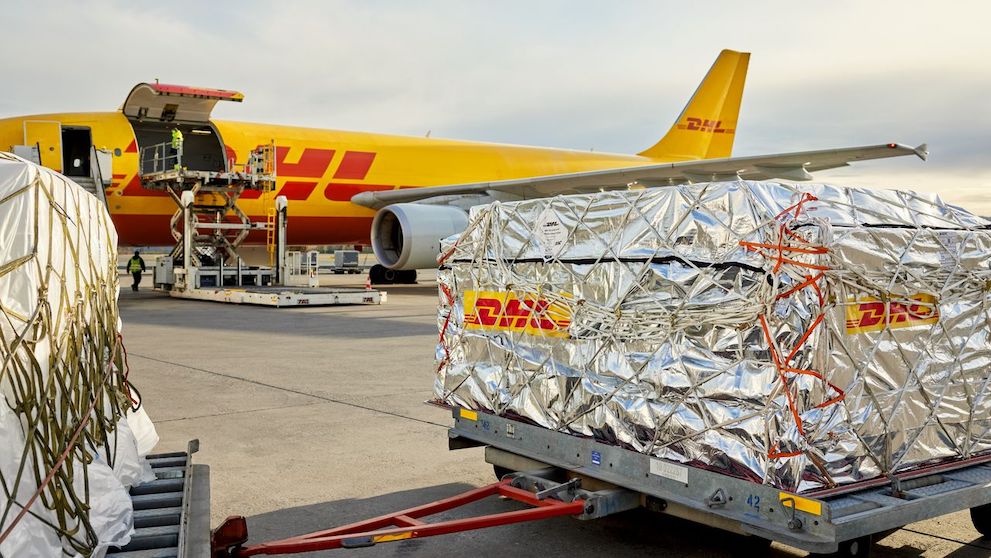Peringkat sebagai mitra dagang terbesar ketiga Indonesia, Jepang menyumbang senilai JP¥296 miliar dari ekspor negara itu. Dengan ukuran ekonomi yang besar dan potensi pasar Jepang, banyak bisnis Indonesia yang ingin mulai mengekspor produk mereka ke sana. Namun, sebelum terjun ke pasar Jepang, penting bagi bisnis untuk memahami peraturan dan kebijakan perdagangan negara tersebut. Pada artikel ini, kami akan memberikan gambaran umum tentang apa yang perlu diketahui bisnis tentang mengekspor ke Jepang.
Peraturan perdagangan di Jepang
Bisnis yang mengekspor ke Jepang harus menyadari pembatasan impor negara tersebut. Ini adalah langkah-langkah yang diambil oleh pemerintah Jepang untuk melindungi industri dan pasar domestiknya. Dengan demikian, bisnis harus memeriksa apakah produk mereka tunduk pada aturan dan regulasi apa pun sebelum mencoba mengekspornya. Perhatikan bahwa semua barang impor ke Jepang harus dideklarasikan di Bea dan Cukai.
Berikut adalah beberapa hal lain yang perlu diperhatikan:
1. Kenali barang-barang yang dilarang dan dibatasi di Jepang
Cara yang baik untuk mengetahui apakah produk Anda dibatasi adalah dengan menggunakan situs web Bea Cukai Jepang. Di situs, Anda dapat mencari kode HS produk Anda (kode enam digit yang digunakan untuk mengklasifikasikan barang yang diperdagangkan) untuk menentukan statusnya sebagai barang yang dibatasi atau dilarang. Jika produk Anda diklasifikasikan sebagai barang terlarang, Anda harus mendapatkan izin impor, sedangkan untuk barang terlarang, bisnis tidak diizinkan untuk mengimpornya ke negara tersebut.
Barang-barang tertentu seperti senjata api, bahan peledak, dan pornografi tidak dapat diimpor ke Jepang. Selain itu, barang medis, produk pertanian, dan bahan kimia ditempatkan dalam kategori barang dibatasi.
Dalam konteks tersebut, ada juga barang yang dianggap memiliki 'dampak negatif' oleh pemerintah Jepang dan dengan demikian, tunduk pada peraturan khusus. Barang-barang ini termasuk gading, produk yang terbuat dari hewan atau tumbuhan yang terancam punah yang terdaftar di CITES, serta obat-obatan yang bertahan selama lebih dari dua bulan. Dengan demikian, bisnis harus mencari persetujuan dan mengajukan izin yang diperlukan sebelum mencoba mengimpor barang tersebut.
Penting juga untuk mengetahui jenis layanan pengiriman yang diperlukan untuk jenis produk yang Anda ekspor. Misalnya, ada persyaratan yang sangat ketat dalam hal pengiriman cairan ke luar negeri. Memastikan bisnis Anda telah memenuhi pedoman ini akan memastikan pengalaman ekspor yang lebih lancar dan mengurangi kemungkinan ekspor Anda tertunda karena masalah peraturan kepabeanan.
2. Keamanan dan pelabelan produk
Pertimbangan penting lainnya yang perlu diperhatikan adalah persyaratan keamanan dan pelabelan produk. Misalnya, makanan dan minuman yang diekspor ke Jepang harus mematuhi Undang-Undang Sanitasi Makanan negara tersebut. Undang-undang ini mengharuskan semua produk makanan impor memenuhi standar tertentu dalam hal kebersihan dan pelabelan. Selain itu, semua produk yang diekspor ke Jepang harus menampilkan negara asal, jika tidak, produk akan dianggap tidak sesuai dan tidak akan diizinkan memasuki negara tersebut. Oleh karena itu, sangat penting bagi bisnis untuk memastikan bahwa produk mereka diberi label dengan benar sebelum mengekspornya.
3. Periksa tarif dan pajak yang berlaku
Barang impor umumnya dikenakan bea masuk dan tarif tergantung pada negara asalnya. Informasi ini dapat ditemukan di Jadwal Tarif Bea dan Cukai Jepang (Japan’s Customs Tariff Schedule), di mana beberapa tarif pajak tercantum untuk setiap negara atau wilayah asing.
Selain itu, Jepang memiliki Sistem Preferensi Umum (Generalised System of Preferences, GSP) yang mencakup daftar negara dan produk penerima manfaat. Di bawah GSP, penerima manfaat dapat menikmati tarif dan bea masuk preferensial. Tarif pajak preferensial ini biasanya berlaku untuk negara-negara yang berbagi perjanjian perdagangan bebas atau kemitraan ekonomi dengan Jepang.

























